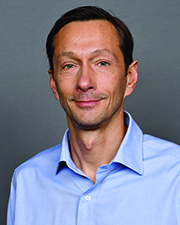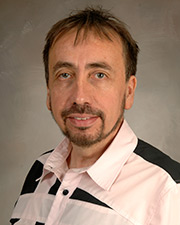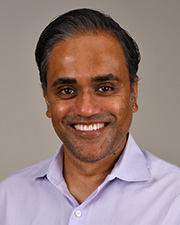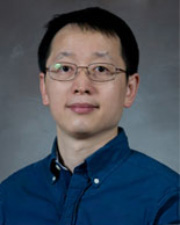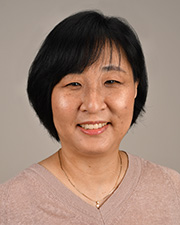The mission of the Geroscience Core is to pioneer leading-edge scientific inquiry into the fundamental processes of aging and promote innovative strategies to enhance healthspan and longevity. Grounded in a commitment to advancing human well-being, our multidisciplinary team of researchers strives to unravel the intricate mechanisms underlying aging, translating discoveries into transformative interventions.
Goals of the Core
Understanding the biology of aging by conducting rigorous investigations into the cellular, molecular, and systemic aspects of aging to unravel the complexities that contribute to the decline in physiological function over time
Fostering interdisciplinary collaboration by cultivating an environment that encourages collaboration among experts from fields such as genetics, biochemistry, physiology, and medicine to foster holistic insights into the aging process
Developing and evaluating therapeutic interventions aimed at modulating aging processes to delay or prevent age-related diseases, thereby improving the overall quality of life for individuals as they age
Promoting longevity with healthspan by striving to extend not only the lifespan but, more importantly, the healthspan of individuals, enabling them to maintain optimal physical and cognitive function throughout their extended years
Educating and disseminating knowledge by sharing our discoveries with the global scientific community, health care professionals, policymakers, and the public to accelerate the adoption of evidence-based practices that promote healthy aging
Future directions
- Developing geroscience research cores to serve the aging community
- Developing training programs and mentorship initiatives to nurture emerging talent and build a skilled and comprehensive research team
- Developing outreach programs to engage with the academic community and raise awareness about the importance of geroscience research
- Pursuing funding opportunities from government agencies, private foundations, and industry partners to sustain and expand the core’s research initiatives.
Director
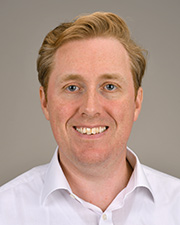 Andrew Pickering, PhD, MA, is an associate professor in the Department of Integrative Biology and Pharmacy at McGovern Medical School and a geroscience researcher. He studied at Oxford University for his undergrad, obtained his PhD at the University of Southern California, and his postdoctoral training at UCLA and the University of Michigan. He has more than 15 years of training and experience in the geroscience field. Pickering’s primary focus revolves around unraveling the intricate role of proteostasis, protein regulation, in the processes of aging and age-related diseases. The overarching goal of his team is to pioneer innovative interventions that hold the potential to significantly enhance health.
Andrew Pickering, PhD, MA, is an associate professor in the Department of Integrative Biology and Pharmacy at McGovern Medical School and a geroscience researcher. He studied at Oxford University for his undergrad, obtained his PhD at the University of Southern California, and his postdoctoral training at UCLA and the University of Michigan. He has more than 15 years of training and experience in the geroscience field. Pickering’s primary focus revolves around unraveling the intricate role of proteostasis, protein regulation, in the processes of aging and age-related diseases. The overarching goal of his team is to pioneer innovative interventions that hold the potential to significantly enhance health.
